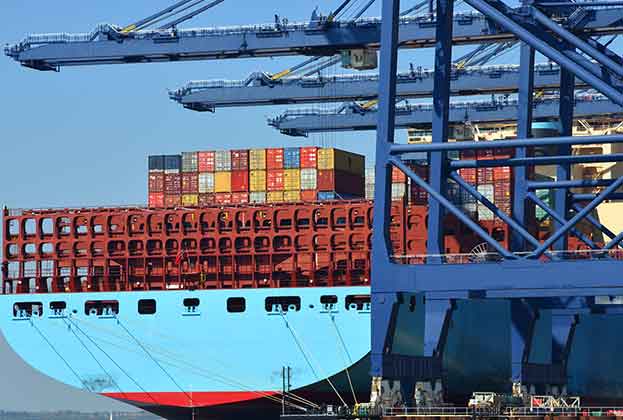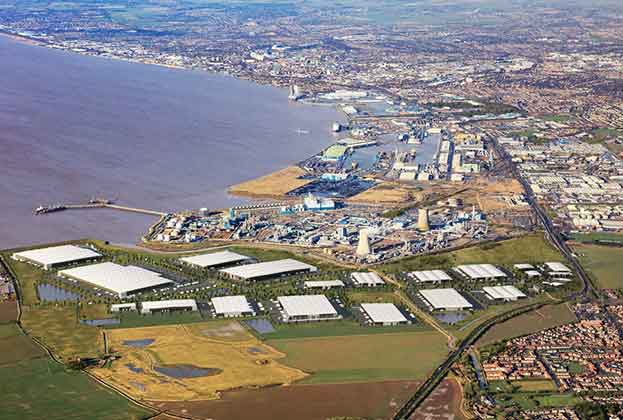According to Michael Carson, Group Commercial Director at Libra Europe Consulting, as the existing supply chain model changes, port-centric logistics is growing in profile
It is clear that the continued structural change within the UK retail market is continuing to have an impact on the supply chain. The Golden Triangle still has relevance, as demonstrated by continuing high levels of demand for new warehouse space.
However, as retailers and manufacturers work to obtain efficiencies, on both cost and sustainability, it is clear that distributing the right products from the right locations will become increasingly more important.
Port-centric logistics offers companies with inbound UK supply chains for fast-moving consumer goods the ability to gain such efficiencies.
.jpg)
Covid-19 has demonstrated that the current ‘just in time’ supply chain model has little resilience, which has prompted a shift towards more of a ‘just in case’ scenario. As a result, we have seen an uptick of companies seeking to build in extra ‘safety stock’ at ports in order to mitigate future supply chain risks.
The pandemic has stimulated global supply chains come under review as companies seek to increase resilience, which ultimately will increase the role of short-sea shipping, combined with increased nearshoring.
With access to land and labour at a premium in many prime warehouse property markets, port-side locations will continue to make operational sense for many retailers and manufacturers.
This paper has demonstrated that by locating near our two case study ports of DP World London Gateway and Humber International Enterprise Park, significant operational benefits can be achieved including:
- Quicker access to the end consumer
- Cheaper property costs compared to a single larger unit in the Golden Triangle
- Plentiful and cost-effective labour
- Space to expand
- Environmental benefits by reducing CO2 emissions per mile
Legacy supply chains take years to change, long term leases may need to expire, logistics contracts will need to be changed, and businesses need confidence to commit capex to change their existing models.
However, as long as convenience and speed remain key drivers for the end consumer, then we anticipate that port-centric logistics will start to play a bigger part in the UK supply chain.
Bonnie Minshull, director in the Industrial and Logistics team at Savills, adds: “It is now more important than ever to distribute the right products from the right locations in order to improve efficiencies from a cost, time and environmental perspective. As the structural changes continue, more occupiers will move away from legacy supply chains towards port-centric logistics due to the significant operational benefits that will prove essential to mitigating future supply chain risk.”
Read the articles within Spotlight: Port-centric Logistics below.


